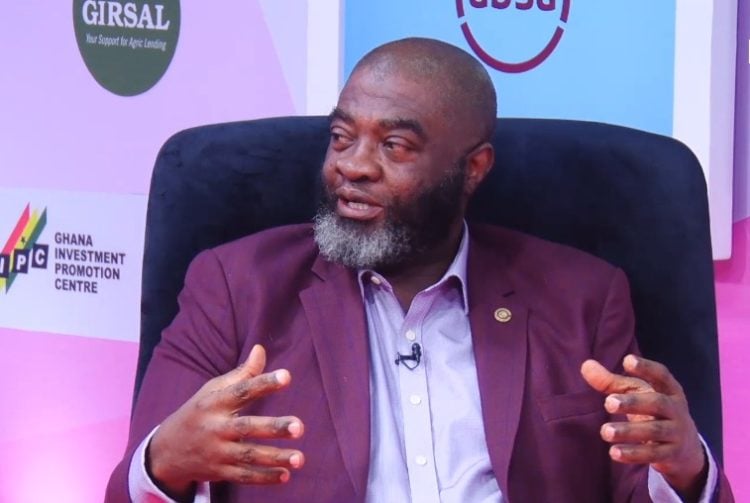David Ofosu Dortse, a senior partner at AB & David Africa, a pan-African business law firm, has offered crucial advice to the Commissioner-General of the Ghana Revenue Authority (GRA), Anthony Sarpong, regarding the country’s approach to fiscal policy and revenue generation. Dortse argues that Sarpong should prioritize sustainable, long-term tax policies aimed at broadening the tax base and identifying new revenue streams, rather than focusing solely on meeting short-term revenue targets set by the International Monetary Fund (IMF) as part of its loan conditions. While acknowledging Sarpong’s competence and capability, Dortse cautions against an over-reliance on IMF-driven targets, suggesting that this approach can be detrimental to Ghana’s long-term economic stability and growth. He emphasizes the importance of a holistic approach to fiscal management that includes not only revenue enhancement but also prudent expenditure control.
Dortse’s concern stems from the potential for IMF-imposed targets to lead to aggressive tax collection measures that could stifle economic activity and discourage investment. He argues that while increasing revenue is undoubtedly important, it should not come at the expense of long-term economic health. A sustainable approach to revenue generation, he posits, involves expanding the tax net to include more individuals and businesses, thereby distributing the tax burden more equitably and reducing pressure on existing taxpayers. Furthermore, exploring new and innovative sources of revenue can provide much-needed resources without overtaxing specific sectors or demographics.
The focus on IMF targets, according to Dortse, often overshadows the equally important need for expenditure control and fiscal discipline within the government. He contends that achieving sustainable fiscal health requires a dual approach: increasing revenue while simultaneously reducing unnecessary government spending. This balanced approach ensures that the increased revenue is used effectively to address critical national needs and does not simply disappear into the abyss of inefficient government operations. Dortse emphasizes that Ghana should determine its own fiscal targets based on its national development priorities and not be solely dictated by the IMF’s conditions.
Dortse’s argument underscores the importance of national ownership in economic policy formulation. He advocates for a more proactive and self-determined approach, where Ghana takes the lead in setting its own fiscal targets and implementing policies aligned with its long-term development goals. While acknowledging the role of international financial institutions like the IMF in providing financial assistance and technical expertise, he emphasizes the need for Ghana to maintain control over its fiscal destiny. This includes prioritizing sustainable tax policies, broadening the tax base, exploring new revenue streams, and implementing robust expenditure controls – all within a framework designed to promote long-term economic growth and stability.
The advice to Sarpong highlights a broader debate on the role of international financial institutions in developing economies. Critics often argue that IMF-imposed conditions, while intended to promote fiscal discipline and macroeconomic stability, can sometimes be overly prescriptive and fail to consider the unique circumstances of individual countries. These conditions can lead to social and economic hardship, particularly in vulnerable populations, and may not always be conducive to sustainable long-term development. Dortse’s call for a more balanced and nationally driven approach to fiscal management resonates with these concerns.
In essence, Dortse’s message is a plea for strategic foresight in Ghana’s fiscal policy. He urges the GRA and the government as a whole to prioritize long-term sustainability over short-term gains. This involves shifting the focus from simply meeting IMF-dictated revenue targets to building a robust and resilient tax system that can support sustained economic growth and development. This will require a concerted effort to broaden the tax base, identify new revenue streams, and implement effective expenditure controls – all while maintaining a clear vision of Ghana’s long-term economic aspirations. This approach, Dortse argues, is crucial for ensuring that Ghana’s economic future is built on a solid foundation of sustainable fiscal policies and not on the shifting sands of external pressures.


